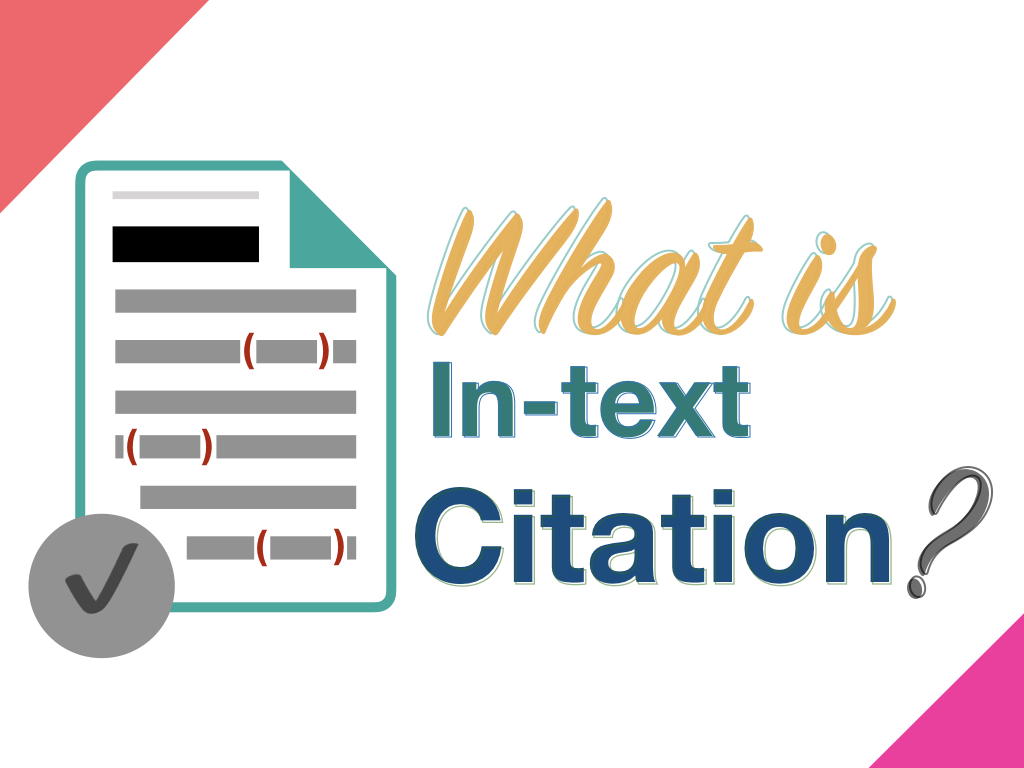“Getting a research paper topic idea highly relies on the interest of a person, knowledge, expertise, experience and current trends.”
A research paper is an important and valuable “asset” for a research student as well as for scientists. It’s necessary for getting a doctorate degree and building a reputation in the scientific community for students and scientists, respectively.
Although, perhaps, writing and publishing a research paper is a headache for novices; stating an outstanding, valuable and problem-solving statement is indeed harder. What I am trying to say is that deciding on a research paper topic or getting the idea is as difficult as writing the same.
A research paper is shorter research evidence, a well-written, structured and informative piece of content that provides knowledge. Usually, it consists of background, material and methods, results, discussion and conclusion; and obviously the references in the main body structure.
As it’s concise, trustworthy and authentic research work, it needs peer-review and thorough proofreading to publish. Because ultimately it provides original and fresh knowledge.
So ideally, writing a research paper is
Yes, challenging.
Publishing a research paper is,
Yes, difficult.
But stating a research problem (choosing a research paper topic) is a back-breaking, dreadful and complex process.
So it’s proven, a wrongly selected topic for a research paper increases the chances of rejection. And so the original problem of the present article is how to select/postulate/ get a nearly perfect research topic idea.
Hey scientists, I am Dr Tushar and in this article, I am gonna explain to you the process, how you achieve the goal of finding a topic for your fresh or another research paper.
Stay tuned,
A Definite Guide to Get a Research Paper Topic Ideas
There should be a research:
So the first requirement of writing or choosing the research paper topic is that “there should be research”, meaning you are in the research process, or in some kind of project or in PhD.
So it isn’t like you are sitting at home and planning to write a paper, you should get into the research, you are doing some research only then you can move ahead to plan to publish a research paper.
Remember it isn’t like publishing a news article, a magazine interview or a blog post. A research paper is solid, strong and supportive evidence. Usually are narrow and on a specific topic or subject.
Understand the difference between research subject, topic and title.
I have researched much information on the present topic, read tons of articles and came to the conclusion that things are confusing. Meaning those articles couldn’t clarify if they are talking about the research subject, topic or title; let some examples first,
Research Subject- Genetics
Research Topic- mutation H275Y in H1N1
Research title- Detection of mutation H275Y in the H1N1 virus using DNA sequencing.
Research subject- Psychology
Research topic- Forensic psychology
Research title- Understanding criminal psychology using available tools and computational analysis.
Now I think you understand the difference between research subject, research topic and research title. The research topic is a subsidiary field of study of the original topic. So first choose your research subject, topic and then postulate a title.
The interest of a researcher:
The first and important consideration in the process should be the interest of the researcher in the topic. Ask yourself, are you interested in the topic you are working on?
The reason is, it’s possible that you are doing research as advised by our supervisor, company or boss, maybe you aren’t interested in doing it. And so it is likely, you can’t execute a research paper or state a topic well.
You should have a substantial interest in the research work you are doing or be willing to choose a research topic and write it. Let’s take an example,
The process of research in biological science including,
- Sample collection and analysis
- Processing samples in lab
- Computational analysis of biological data
It might be possible you don’t like computational work or sample collection. You can choose to work in the lab. Fortunately, you can postulate your topic around it. What should be the research topics for all these three, let’s take an example of swine flu H1N1?
Sample collection and analysis:
- “Comparative analysis of various types of H1N1 sample collection methods”.
Processing the sample in the lab:
- “Analysis of H1N1 gene mutations using RT-PCR and DNA sequencing.”
Computational and statistical analysis:
- “Statistical and computational analysis of various H1N1 samples results.”
I don’t know how to explain it, but yes it’s important, you probably understand what I am trying to say. Narrow down your research window, choose a topic depending upon your research interest.
Read more:
Experience and expertise:
Experience and expertise certainly matter a lot for writing and conducting research. Trust me an expert fellow can choose readers’ specific, catchy and interesting research paper topics.
So as I said, the process starts with choosing the right research project (which you and your guide are interested in), doing research manually and in a hierarchy, choosing a topic to publish, writing and publishing a research paper.
Probably an experienced person can do it accurately because he or she probably has done it many times! Interestingly, there is another aspect of “Experience and expertise.”
Choose the topic for a research paper in which you have experience as well as expertise. Meaning, you have done some substantial research using tools, techniques and methods which you wish to use. For example, you have a good hand in RT-PCR (now this term is commonly used everywhere) but you don’t have that much practical knowledge on DNA sequencing.
Available knowledge, information and resources:
Unless you have supportive evidence, papers or resources to cite and use, don’t conduct research, meaning, it’s a waste of time to choose a topic for a research paper if there are fewer resources available to use.
Go to the library, read books and search literature relevant to your working research paper topic, enlist them, and understand if the topic you selected can have enough supportive resources or not.
Current trends:
Trending topics are more beneficial to the fastest publication as well as collecting more data. For example, in recent times publishers need articles and original research on COVID-19, coronavirus or SARSCoV2. If you choose it, it would be more beneficial for you as well as for the scientific community.
One can use trending topics, conduct research and/or study literature and select the topic for the research paper.
Note that it’s not necessary that you have to do research, you can do surveys, statistical analysis and other data analysis to provide more knowledge. For example, one can choose a topic “the number of the COVID-19 RT-PCR positive and RT-PCR negative patients in available studies- a metadata study.”
Wrapping up:
To get a research paper topic idea one has to do a lot of work much like the original research. However, I should also have enough experience to do so.
We have planned a whole series on “research paper topic ideas” in various subjects. In the upcoming articles, we will write subject-wise topic ideas. I hope this article will help you to get your publication done.
If you have any quarry related to research publication simply search anything on it, we have tons of articles. You can read it for free.




